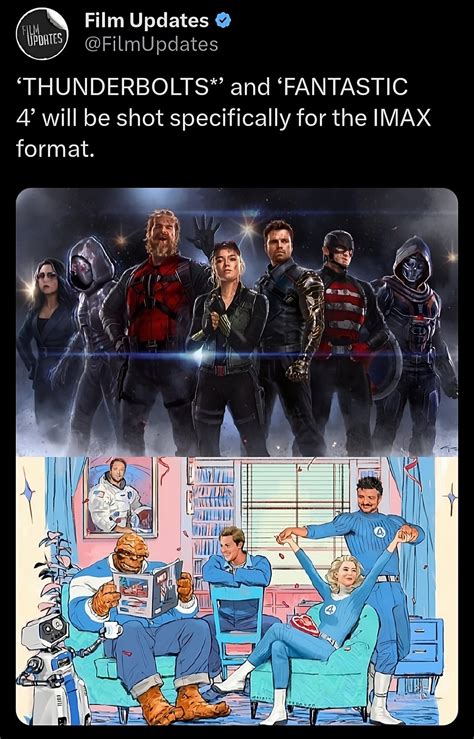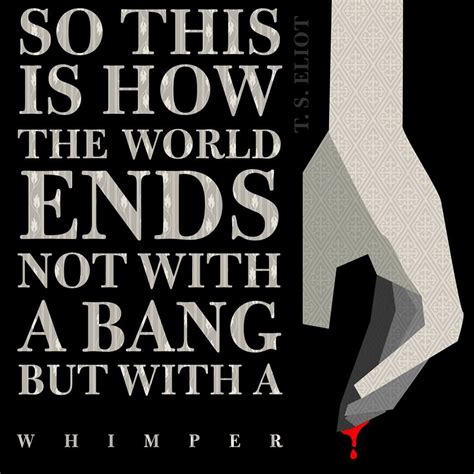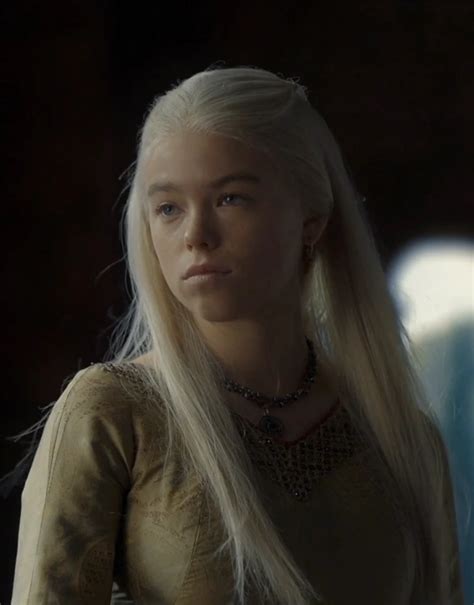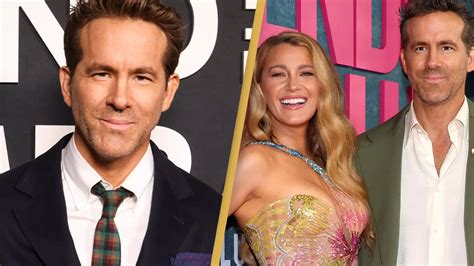
Kevin Feige, Marvel Studios President, sparked speculation about potential delays or plot adjustments within the Marvel Cinematic Universe (MCU) after mistakenly referencing the “Fantastic Four” when discussing the upcoming “Thunderbolts” movie during a recent press event promoting “Deadpool & Wolverine.” The slip-up has fueled rumors of potential behind-the-scenes changes affecting the highly anticipated anti-hero team-up film, leaving fans wondering if the already crowded slate of Marvel projects is facing further turbulence.
Feige’s momentary lapse occurred while addressing the tonal differences between “Thunderbolts” and other MCU properties. According to Yahoo Entertainment, Feige stated, “I mean, frankly, they’re just a great ensemble, and doing the work to put them together and calibrate them – which is what Jake [Schreier, director] is doing. He’s deep into it. I can’t wait for people to see what he’s doing with ‘Fantastic Four.’ Uh, with Thunderbolts, sorry.” The accidental mention of “Fantastic Four” has since gone viral, igniting intense speculation among Marvel enthusiasts.
The implications of this verbal blunder are multi-layered. Firstly, it raises questions about the internal workflow and potential stress within Marvel Studios, given the immense pressure to deliver interconnected and high-quality content. Secondly, it hints at possible overlaps or interconnected narrative threads between the two projects, leading to theories about character crossovers or shared plot elements. Finally, it reignites concerns about the overall cohesiveness and strategic direction of the MCU, particularly in the wake of recent mixed reviews and box office performances.
While Feige quickly corrected himself, the incident has provided ample fodder for online discussions and analyses. Some fans theorize that the mistake could be indicative of ongoing discussions or revisions concerning the broader Phase 5 and Phase 6 storylines, suggesting that the narratives of “Fantastic Four” and “Thunderbolts” might be more intertwined than previously assumed. Others speculate that the studio might be considering a cameo or a post-credit scene linking the two properties, similar to previous MCU easter eggs and character introductions.
The “Thunderbolts” film, directed by Jake Schreier and featuring an ensemble cast of anti-heroes and villains, is expected to offer a darker, more morally ambiguous perspective within the MCU. The team, consisting of characters like Yelena Belova (Florence Pugh), Bucky Barnes (Sebastian Stan), Red Guardian (David Harbour), Taskmaster (Olga Kurylenko), U.S. Agent (Wyatt Russell), and Ghost (Hannah John-Kamen), are assembled and led by Valentina Allegra de Fontaine (Julia Louis-Dreyfus). The film is currently slated for release in 2025, and its position within the MCU timeline is crucial for setting up future events and character arcs.
The “Fantastic Four” reboot, on the other hand, is a cornerstone project for Marvel Studios, aiming to reintroduce Marvel’s first family to a new generation of viewers. The cast includes Pedro Pascal as Reed Richards/Mr. Fantastic, Vanessa Kirby as Sue Storm/Invisible Woman, Joseph Quinn as Johnny Storm/Human Torch, and Ebon Moss-Bachrach as Ben Grimm/The Thing. The film, directed by Matt Shakman, is also set for release in 2025 and is expected to establish the Fantastic Four’s presence in the MCU, potentially opening up new dimensions and cosmic storylines.
Feige’s slip-up has served as a magnifying glass, highlighting the intense scrutiny Marvel Studios faces from its dedicated fanbase and the media. Every detail, every announcement, and even every verbal mistake is dissected and analyzed for potential clues about the future direction of the MCU. This level of attention underscores the immense cultural impact of the franchise and the high expectations associated with each new installment.
The incident also arrives at a crucial time for Marvel Studios, which has been navigating a period of transition and recalibration following the conclusion of the Infinity Saga. While the studio continues to produce blockbuster films and television series, it has also faced criticisms regarding narrative coherence, character development, and overall quality. Feige’s leadership is now more critical than ever as Marvel Studios aims to revitalize the MCU and maintain its position as a dominant force in the entertainment industry.
Furthermore, the “Thunderbolts” project itself represents a significant departure from the traditional superhero narrative, focusing on morally grey characters with questionable motives. This shift reflects a broader trend in the entertainment industry towards more complex and nuanced storytelling, but it also presents challenges in terms of audience reception and character loyalty. The success of “Thunderbolts” will depend on its ability to resonate with viewers while maintaining the core values and interconnectedness of the MCU.
In conclusion, Kevin Feige’s accidental mention of “Fantastic Four” while discussing “Thunderbolts” has ignited a firestorm of speculation and raised questions about the inner workings of Marvel Studios. While the incident might simply be a harmless slip of the tongue, it has nonetheless underscored the immense pressure and scrutiny the studio faces as it continues to navigate the ever-evolving landscape of the superhero genre. The fate of both “Thunderbolts” and “Fantastic Four,” along with the broader direction of the MCU, remains a topic of intense interest and anticipation for fans worldwide. The incident also serves as a reminder of the intricate planning involved in the MCU’s development, highlighting how even minor details can spark major discussions and theories among fans. The ability of Marvel Studios to manage these expectations and deliver compelling stories will be crucial for its continued success in the years to come.
Frequently Asked Questions (FAQ):
Q1: What exactly did Kevin Feige say that caused the speculation?
A1: During a press event promoting “Deadpool & Wolverine,” Kevin Feige mistakenly mentioned “Fantastic Four” when discussing the upcoming “Thunderbolts” movie. He stated, “I mean, frankly, they’re just a great ensemble, and doing the work to put them together and calibrate them – which is what Jake [Schreier, director] is doing. He’s deep into it. I can’t wait for people to see what he’s doing with ‘Fantastic Four.’ Uh, with Thunderbolts, sorry.” This slip-up led to speculation about potential delays or plot adjustments within the MCU.
Q2: What are the possible implications of Feige’s mistake?
A2: The implications are multi-layered and could include:
- Internal Workflow Issues: The mistake may indicate pressure or stress within Marvel Studios, given the complex and interconnected nature of the MCU.
- Narrative Overlaps: It could hint at potential overlaps or interconnected narrative threads between the “Fantastic Four” and “Thunderbolts” projects.
- Strategic Direction Concerns: It might reignite concerns about the overall cohesiveness and strategic direction of the MCU, especially after recent mixed reviews of some projects.
- Potential for Cameos or Post-Credit Scenes: It could suggest the possibility of a cameo or post-credit scene linking the two properties.
Q3: What is the “Thunderbolts” movie about, and who are the main characters?
A3: “Thunderbolts” is an upcoming MCU film focusing on a team of anti-heroes and villains assembled and led by Valentina Allegra de Fontaine (Julia Louis-Dreyfus). The team consists of:
- Yelena Belova (Florence Pugh)
- Bucky Barnes (Sebastian Stan)
- Red Guardian (David Harbour)
- Taskmaster (Olga Kurylenko)
- U.S. Agent (Wyatt Russell)
- Ghost (Hannah John-Kamen)
The film is expected to offer a darker, more morally ambiguous perspective within the MCU.
Q4: Who is in the cast of the “Fantastic Four” reboot, and when is it expected to be released?
A4: The cast of the “Fantastic Four” reboot includes:
- Pedro Pascal as Reed Richards/Mr. Fantastic
- Vanessa Kirby as Sue Storm/Invisible Woman
- Joseph Quinn as Johnny Storm/Human Torch
- Ebon Moss-Bachrach as Ben Grimm/The Thing
The film is directed by Matt Shakman and is set for release in 2025.
Q5: How has Marvel Studios been performing recently, and why is this mistake significant now?
A5: Marvel Studios has been navigating a period of transition and recalibration after the conclusion of the Infinity Saga. While continuing to produce blockbuster films and television series, the studio has faced criticisms regarding narrative coherence, character development, and overall quality in some of its recent projects. Feige’s mistake is significant because it highlights the intense scrutiny Marvel Studios faces from its dedicated fanbase and the media, especially during this critical period of revitalizing the MCU. Every detail is analyzed for potential clues about the future direction of the franchise, making even a verbal slip-up a major topic of discussion.
Expanded Analysis and Context:
The ripple effects of Kevin Feige’s accidental utterance extend beyond mere speculation; they touch upon deeper issues within the MCU’s production pipeline and its strategic vision. The Marvel Cinematic Universe, once lauded for its seamless interconnectedness and consistent quality, has faced increased scrutiny in recent years. The sheer volume of content being produced, spanning both film and television, has led to concerns about potential creative fatigue and a dilution of the brand’s core strengths.
The “Thunderbolts” project, in particular, represents a bold step for Marvel Studios. By focusing on anti-heroes and villains, the film deviates from the traditional superhero narrative, presenting a more morally complex and potentially controversial story. This approach carries inherent risks, as it requires careful balancing to ensure that the characters remain relatable and engaging, despite their questionable actions. The success of “Thunderbolts” will hinge on its ability to capture the audience’s imagination while staying true to the established MCU canon.
The “Fantastic Four” reboot, on the other hand, is a crucial undertaking for Marvel Studios. The Fantastic Four are foundational characters in Marvel Comics, and their introduction to the MCU is expected to open up new possibilities for exploration, including cosmic storylines and alternate dimensions. The pressure to deliver a successful and faithful adaptation is immense, given the previous failed attempts to bring the Fantastic Four to the big screen. The casting choices, the directorial vision, and the overall narrative approach will all be critical factors in determining the film’s success.
Feige’s slip-up also underscores the challenges of managing a vast and interconnected cinematic universe. With multiple projects in various stages of development, it is inevitable that some degree of overlap and confusion will occur. However, the incident highlights the importance of maintaining clear communication and coordination within the studio to ensure that all projects align with the overall strategic vision. The ability to seamlessly integrate new characters and storylines into the existing MCU tapestry is essential for maintaining its coherence and appeal.
Moreover, the intense scrutiny that Marvel Studios faces reflects the immense cultural impact of the MCU. The franchise has become a global phenomenon, captivating audiences with its compelling characters, epic storylines, and breathtaking visual effects. This success has created a double-edged sword, as every decision and every misstep is now subject to intense public scrutiny. The studio must navigate this pressure while remaining true to its creative vision and delivering content that meets the expectations of its demanding fanbase.
The incident also arrives at a time of significant change within the entertainment industry. The rise of streaming services, the increasing competition for audience attention, and the evolving tastes of viewers have all created new challenges for traditional Hollywood studios. Marvel Studios must adapt to these changes by embracing new technologies, exploring new storytelling formats, and constantly innovating to stay ahead of the curve. The future of the MCU depends on its ability to remain relevant and engaging in an ever-changing media landscape.
The success of both “Thunderbolts” and “Fantastic Four” will be crucial for shaping the future direction of the MCU. These projects represent key pillars in the ongoing development of the franchise, and their reception will have a significant impact on the studio’s strategic decisions moving forward. Marvel Studios must carefully manage expectations, deliver compelling stories, and continue to innovate to maintain its position as a dominant force in the entertainment industry. The pressure is on, and the world is watching.
Furthermore, it’s worth considering the role of social media in amplifying such incidents. Feige’s slip-up was quickly disseminated across various platforms, fueling speculation and discussion among fans worldwide. This highlights the power of social media to shape public perception and influence the narrative surrounding major entertainment franchises. Marvel Studios must be adept at managing its online presence and responding to fan concerns in a timely and effective manner. The ability to engage with audiences directly and address rumors and speculation can be crucial for maintaining trust and goodwill.
In addition to the immediate implications for “Thunderbolts” and “Fantastic Four,” Feige’s mistake could also have broader consequences for the MCU’s overall narrative arc. The interconnectedness of the franchise means that even seemingly minor events can have significant ripple effects throughout the universe. The potential for crossovers, cameos, and shared plot elements between different projects creates a complex web of relationships that must be carefully managed. Marvel Studios must ensure that each film and television series contributes to the overall narrative in a meaningful way, while also maintaining its own distinct identity and appeal.
The incident also serves as a reminder of the human element behind these massive entertainment productions. Despite the immense scale and complexity of the MCU, it is ultimately created by a team of talented individuals who are passionate about their work. Mistakes are inevitable, and it is important to remember that these are often the result of pressure, long hours, and the sheer complexity of the task at hand. The ability to learn from these mistakes and move forward is crucial for maintaining morale and fostering a positive creative environment.
In conclusion, Kevin Feige’s accidental mention of “Fantastic Four” while discussing “Thunderbolts” has sparked a significant amount of speculation and raised important questions about the inner workings of Marvel Studios. While the incident itself may be relatively minor, it highlights the immense pressure and scrutiny the studio faces as it continues to navigate the ever-evolving landscape of the superhero genre. The fate of both “Thunderbolts” and “Fantastic Four,” along with the broader direction of the MCU, remains a topic of intense interest and anticipation for fans worldwide. The ability of Marvel Studios to manage these expectations, deliver compelling stories, and adapt to the changing needs of the entertainment industry will be crucial for its continued success in the years to come. The incident underscores the intricate and delicate balance required to manage a franchise of this magnitude, where even the smallest slip can ignite a global conversation. The coming years will undoubtedly reveal the true impact of this seemingly minor incident and the direction Marvel Studios ultimately chooses to take. The weight of expectation remains heavy on Feige and his team, and the world will be watching closely to see how they respond.









